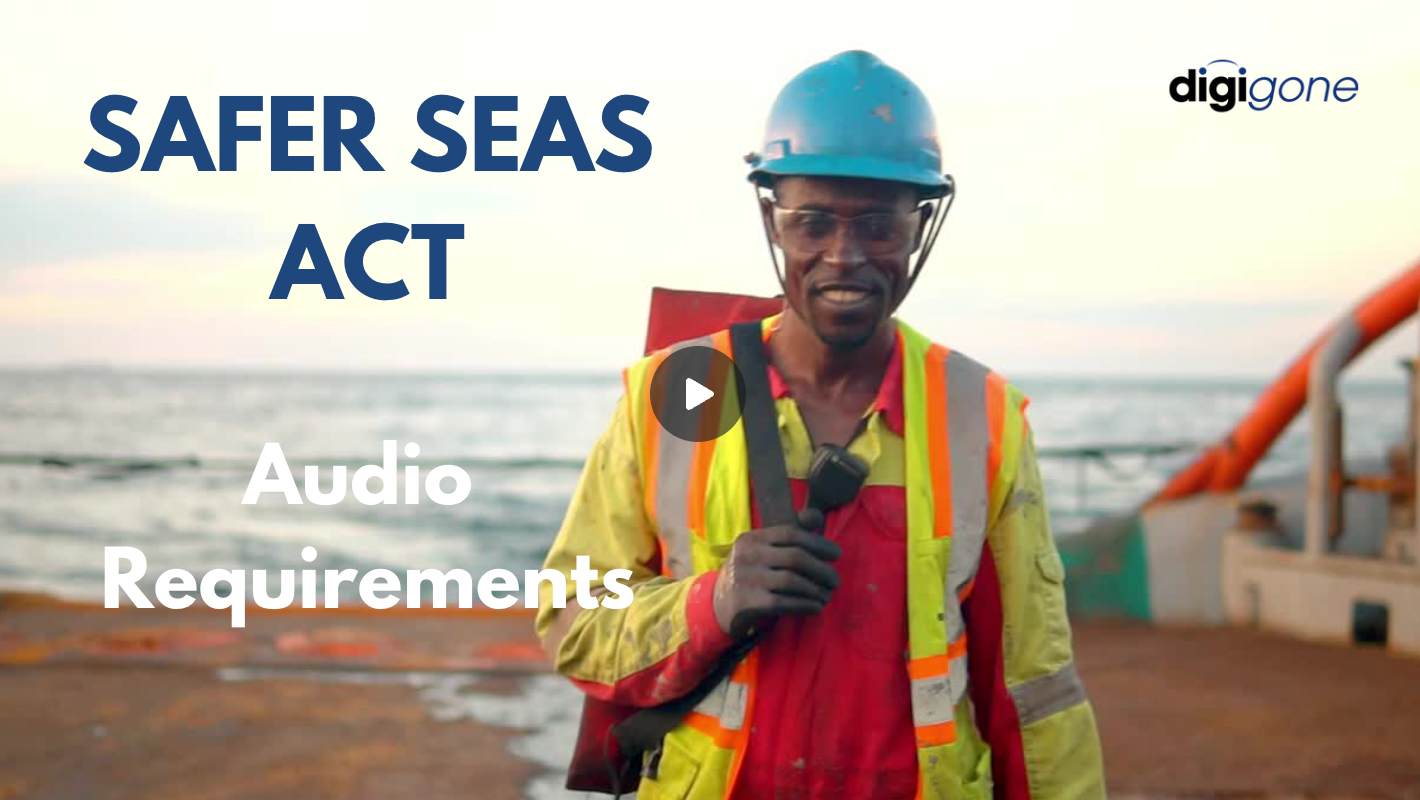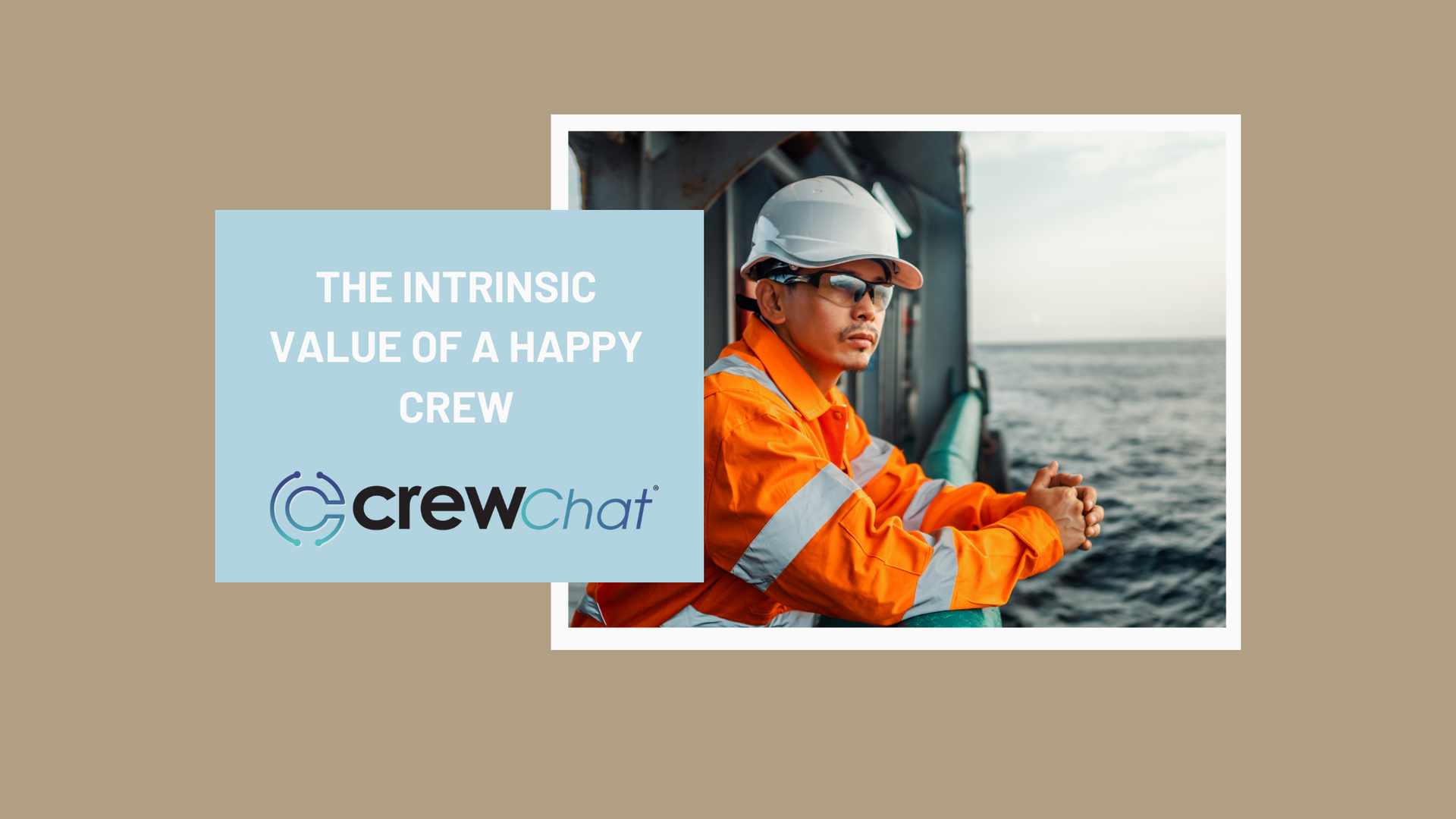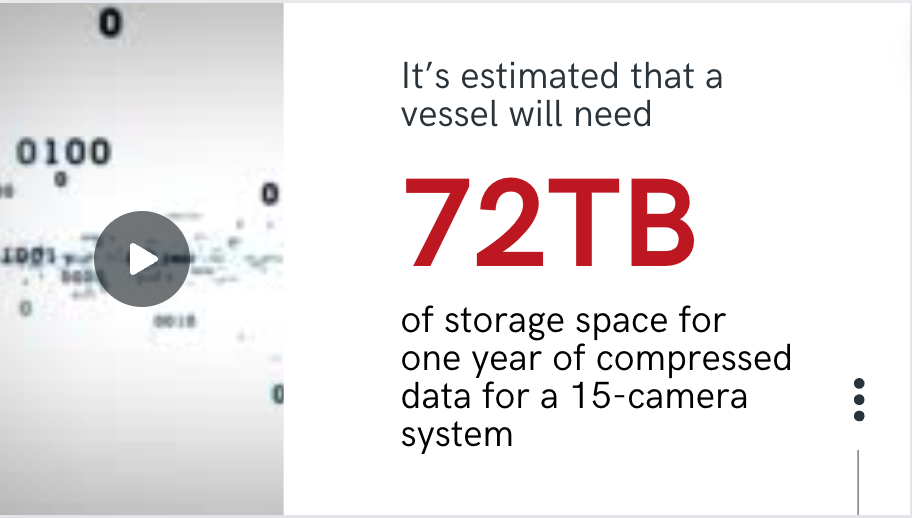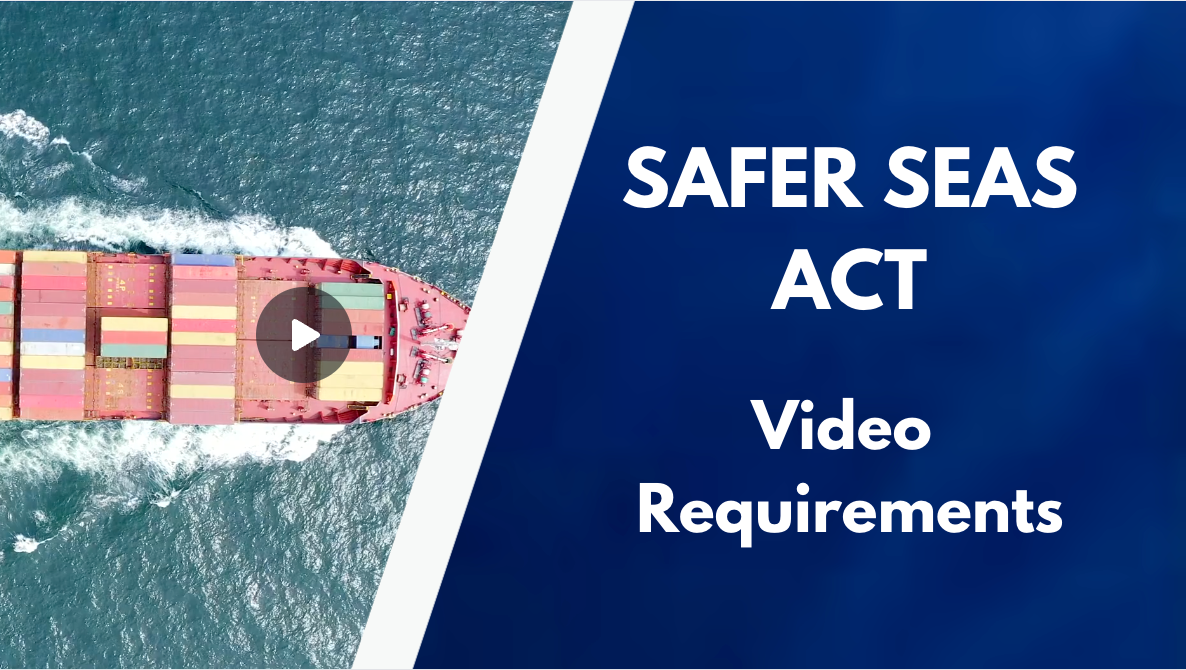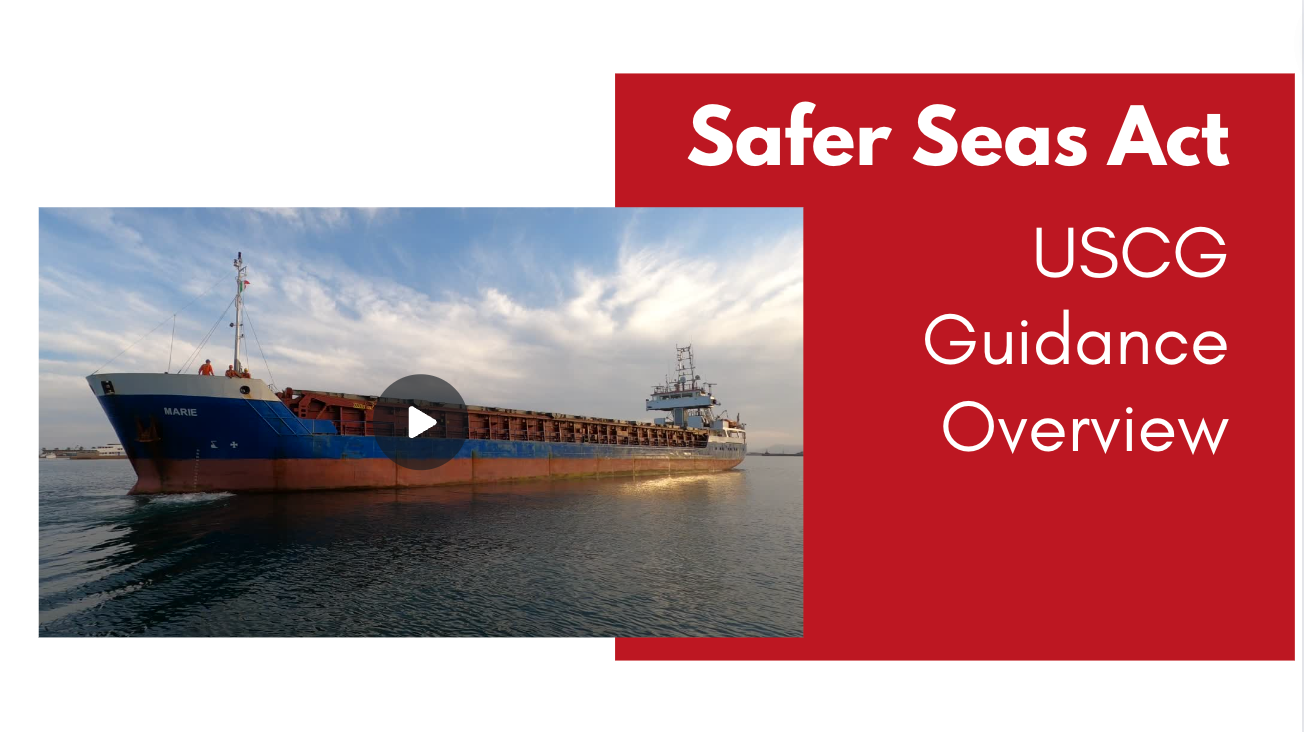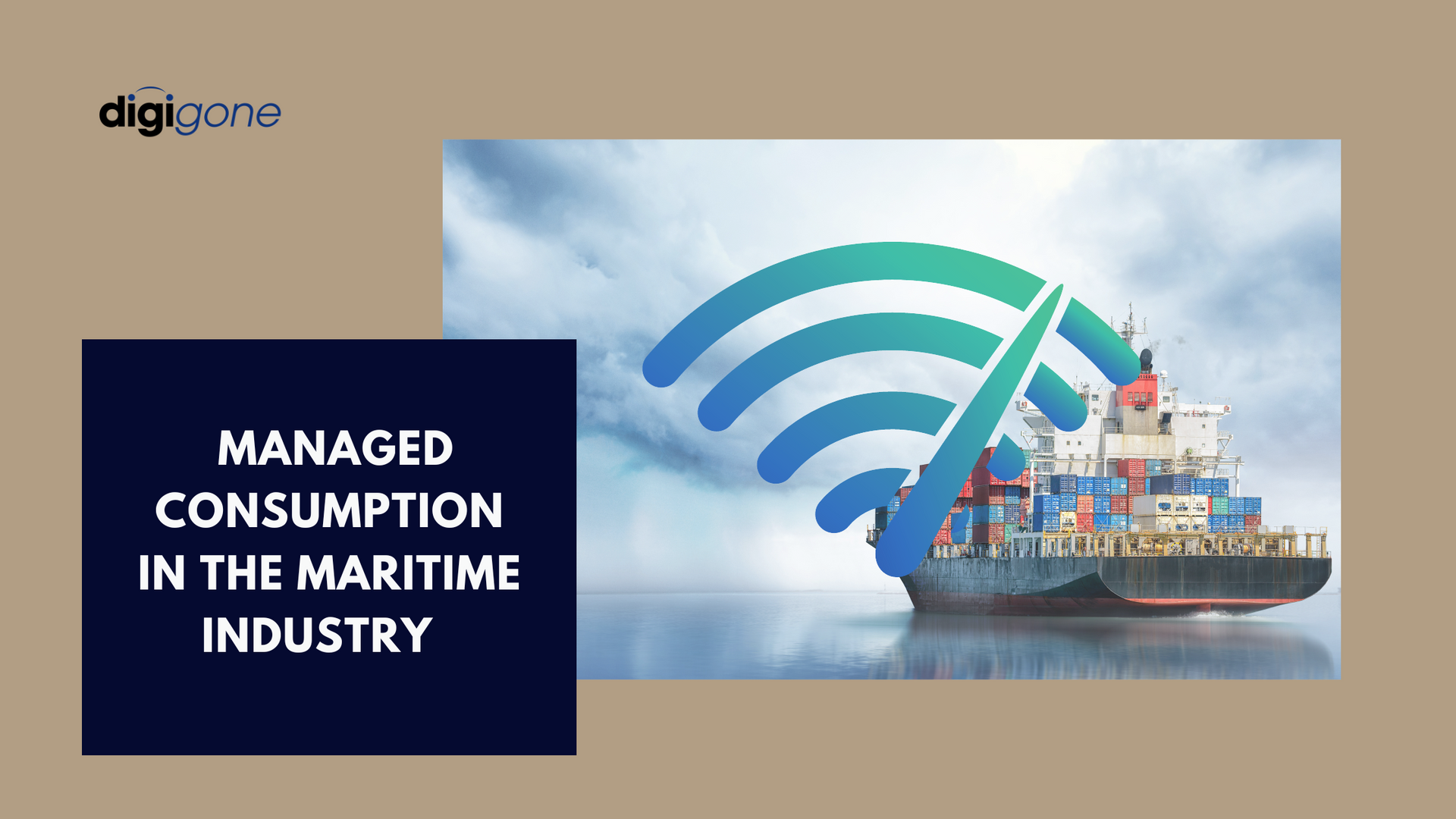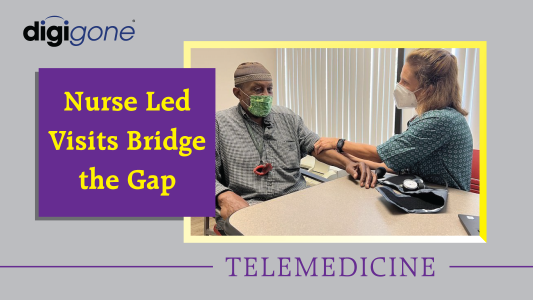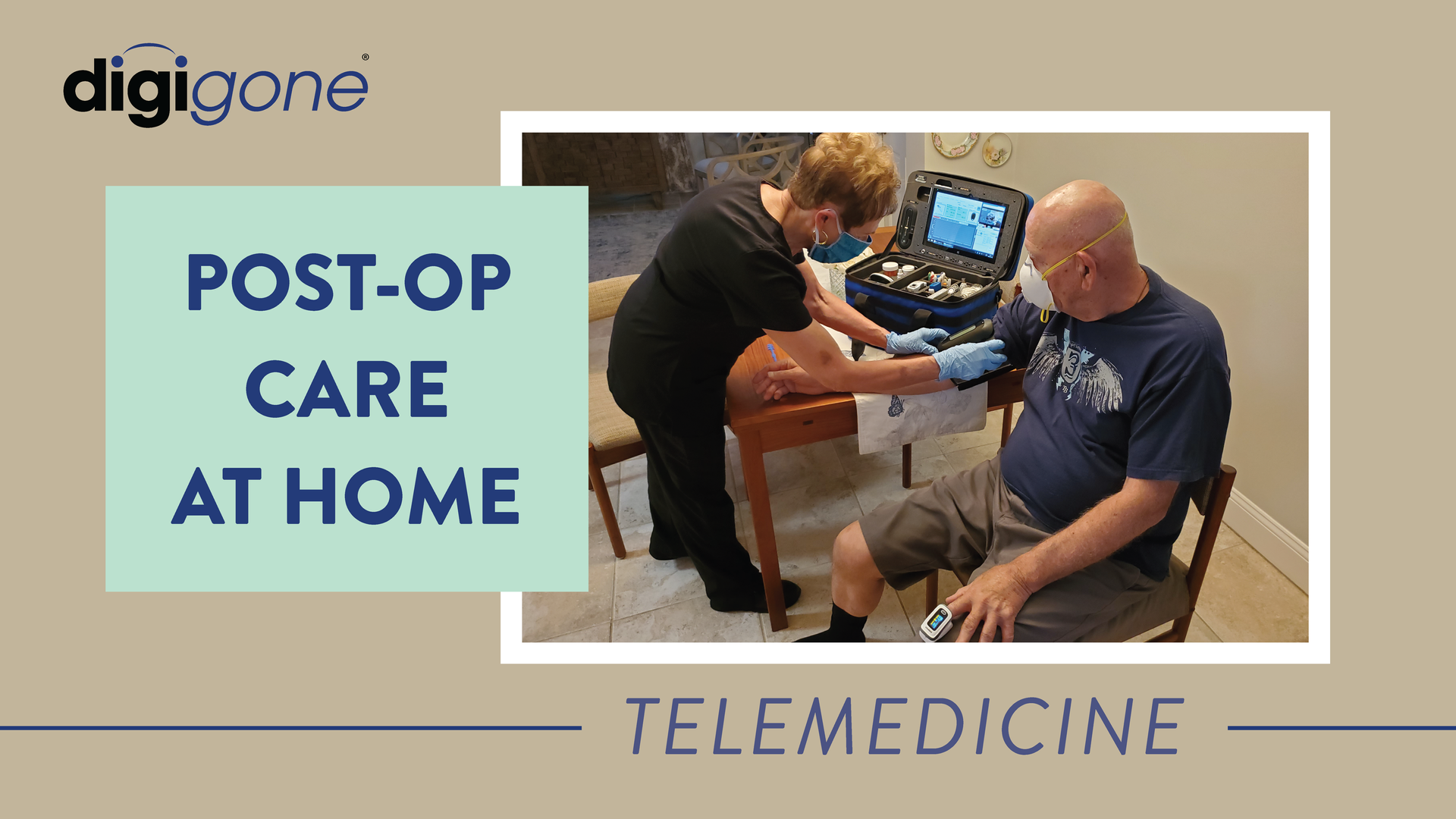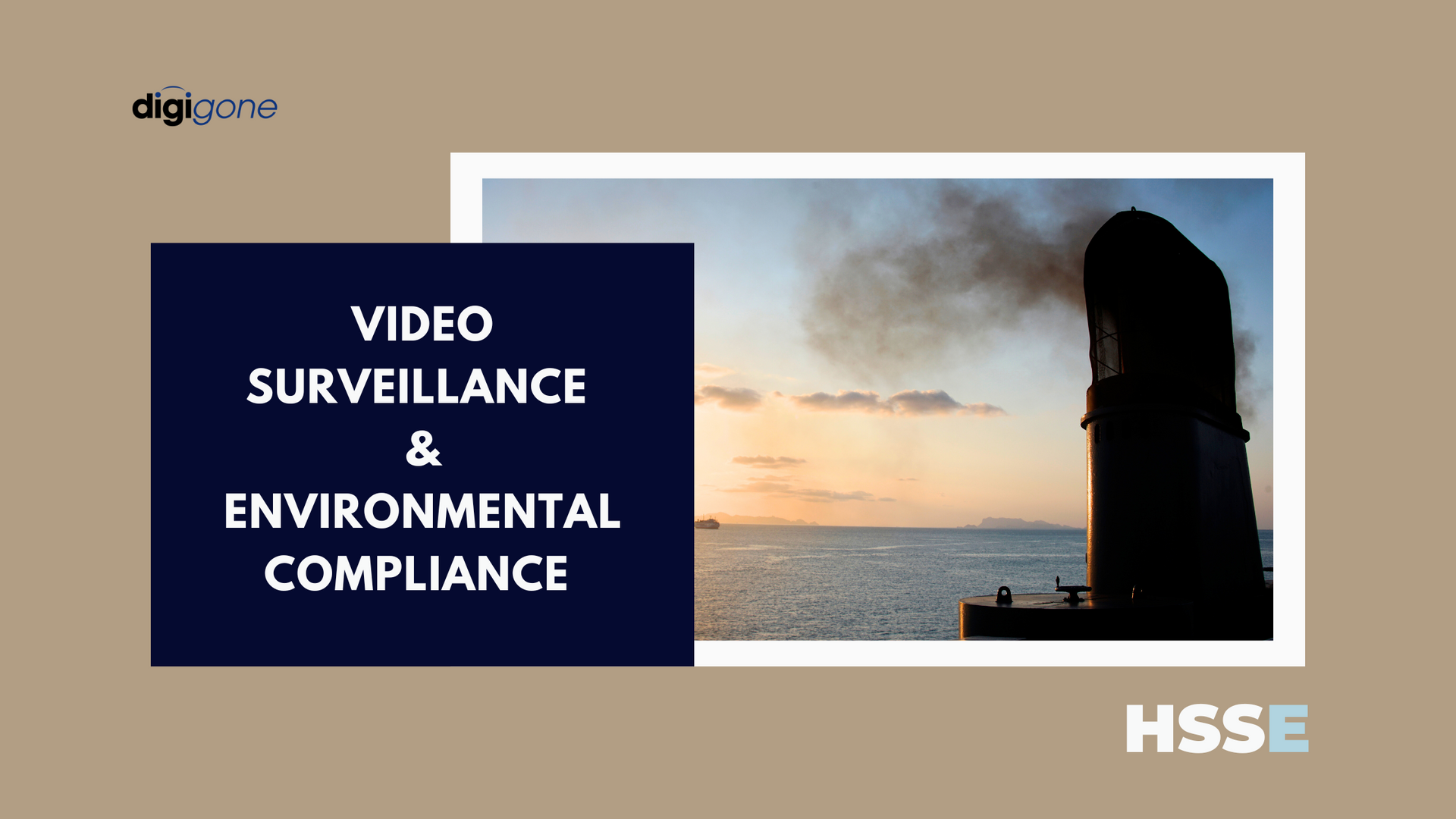Mitigating Risk Through Crew Welfare
Crew welfare continues to be a critical issue in the maritime industry. Protecting seafarers' basic rights to respectable working and living conditions is a pressing matter that got highlighted during the most strenuous times of the pandemic when the world learned the significance of this essential line of work.
While many shipping-related issues related to the pandemic have unraveled, crew welfare will continue to prevail.
Kunal Pathak, a Loss Prevention Manager at Gard, a marine insurer, recently
wrote a piece “Look after your seafarers and they will look after your ship.”
As an experienced authority in global marine insurance, he sees a direct link between the level of support provided to seafarers and the level of crew claims.
“Where seafarers are well looked after and supported, with good onboard culture and work process, we see to a certain extent lower levels of claims.”
Placing Monetary Value on a Happy Crew
Low morale brought about by feelings of isolation or depression can lead to increased safety risks due to a lack of focus and enthusiasm for work. When companies make seafarer well-being a priority, it exceeds the individual; a happy mariner means a healthier operation overall.
According to the Union of Marine Insurance, global marine insurance premiums in 2021 reached $33 billion, up 6.4% from 2020 due to higher trade volumes. Individual claims average more than $10 million each. Additionally, with these claims come legal fees and investigation costs. Not to mention the long-term damage done to reputations.
While accidents and incidents are inherent in the business, as Pathak points out, taking care of your crew is perhaps one of the most economical ways to mitigate claims.
Connecting Crew with Family and Friends
While Wi-Fi onboard vessels is not mandatory, it could be the difference between an in-sync crew and a malaise one. Depression from feelings of isolation is well-documented in the maritime industry, and ensuring crews can connect with friends and family while at sea is an easy way to address this.
The sooner ship owners and management adjust to a robust crew welfare plan, the better, particularly as the workforce becomes increasingly digitally savvy and connected. It will behoove the vessel company that realizes GenZ views connectivity as a birthright, not just an amenity.
It’s on HR managers and departments to derive and implement crew welfare initiatives, but it’s also an issue of risk mitigation; a happy crew will have fewer incidents.
An Easy Sell
Convincing management of the benefits of expanded crew welfare might still be a challenge, but looking after crew mental health, as Pathak wrote in his article leads “to fewer accidents and illnesses and thereby fewer claims.” For those looking at the bottom line, this should be an easy sell.
Contact us with questions about
CrewChat, a communications tool that provides ultra-low bandwidth voice and video connections in remote locations.

